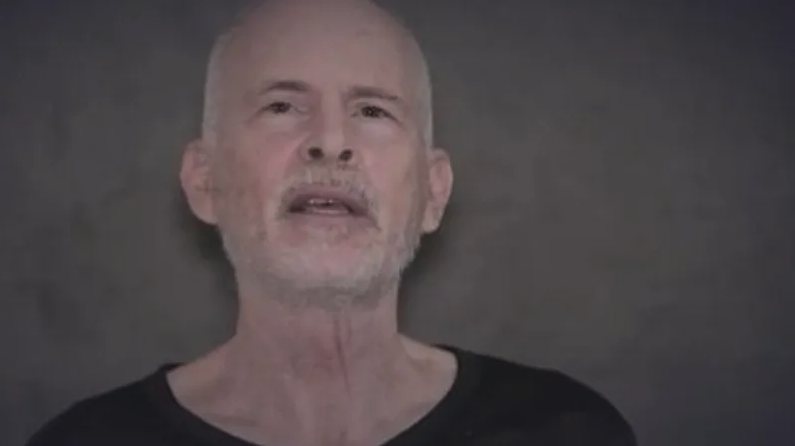The Ministry of Health and Social Services will in future blacklist companies which fail to execute projects accorded to them within a specified time frame.
This comes as a parliamentary standing committee found that most hospitals and satellite clinics are facing a plethora of problems, including a shortage of bed linen and space in maternity wards, while some do not have sufficient refrigeration to store critical medicine.
At a press conference yesterday, the executive director of health and social services, Ben Nangombe, said the ministry is facing contractor performance issues due to inadequate funds, technical capacity, and resources for workforces and materials.
He said non-performing contractors have let down the ministry.
“We have strengthened the evaluation criteria to ensure only suppliers with technical and financial capacity are employed, and to debar non-performing contractors from being awarded new projects,” Nangombe said.
He said the ministry is grappling with prolonged procurement procedures involving advertising, evaluation, and bid awards.
Consequently, he said they have initiated penalties according to the contract terms and are conducting thorough assessments of the lowest bids before granting awards.
“We have also recommended to the Development Bank of Namibia to restructure the funding system and to create a system to trace procurement requests,” Nangombe said.
The parliamentary standing committee on gender equality, social development and family affairs recently visited and highlighted the troubles facing health facilities in the Kavango East and West regions, as well as the Oshana and Ohangwena regions.
This comes as the ministry has awarded 14 contracts, including for the installation of a water treatment plant, solar water heating and a cold room at the Okakarara State Hospital, a prefab laboratory at the Mariental State Hospital, the conversion of the newly constructed 96-bed ssolation unit into a 15-bed dialysis unit at the Katutura Intermediate Hospital, the conversion of the tuberculosis ward into a dialysis unit at the Oshakati State Hospital, the construction of staff accommodation at Ariamsvlei
and Noordoever, cold room installation at the Okahao State Hospital’s outpatient pharmacy, and the renovation of some of the Katutura Intermediate Hospital’s bathrooms, plumbing system, sluice rooms and kitchen.
In an interview with Desert Radio on Wednesday, Nangombe said the ministry would need N$16 billion to strengthen the limping public health sector.
“We have prepared a document that addresses the priorities in the health sector, which is going to cost us an amount not less than N$16 billion,” he said.
Nangombe said the document has been submitted to the Cabinet for consideration, adding that the public would be informed of the outcome.
‘SLOW PROCUREMENT’
He said some challenges exist because of slow procurement processes.
However, he said steps are taken to address these shortcomings. Asked how long it takes for the ministry to rectify a problem such as that of a faulty cooling system at Rundu Intermediate Hospital, Nangombe said the health ministry, together with the Ministry of Works and Transport, has conducted an assessment to fix the cooling system.
“I think there was a lapse in the system that the procurement process was not triggered to address the situation,” he said.
“But what I did when the issues were raised by the committees, is I immediately directed that we get the three quotations required for the replacement of the cooling system at the Rundu Medical Store so that the issue can be sorted out,” he said.
Nangombe, however, blamed the officials at the Rundu Intermediate Hospital for not reporting the issue directly to his office for action to be taken.
‘NO HEALTH CRISIS’
Nangombe said there is no health crisis in Namibia.
The health sector is only experiencing “concerns and challenges”, he said.
“Although we face challenges, Namibia’s health sector is the strongest on the African continent. We have a working system,” he said.
Nangombe outlined various projects planned for the 2023/24 fiscal year, including the construction of a Khomas district hospital, the establishment of an intensive care unit at the Windhoek Central Hospital, Rundu Intermediate Hospital, Gobabis Hospital, and Mariental Hospital, the construction of theatres at the Oshakati State Hospital, and the completion of the Oshana RMT office, the Katutura Intermediate Hospital floor renovation, lift replacement at the Windhoek Central Hospital, and the renovation of the Erongo regional management team office.
Others plans include the upgrading of the Keetmanshoop State Hospital, the completion of primary healthcare clinics at Schlip, Onanghulo, and Muzii, the construction of primary healthcare clinics at Muyako, farms Du Plessis, Tjaka Ben Hur and Serringkop, and the completion of the Aranos Health Centre.
On the programme side, Nangombe said the ministry has carried out end term reviews on several of their policies, including those dealing with tuberculosis and leprosy, HIV-AIDS, malaria and others.
He said steps have also been taken to put in place a framework for the introduction of human papillomavirus vaccines.
“The interventions against HIV-AIDS are continuing with sustained momentum as Namibia aims to reach 97-97-97 on the fast-track targets by 2028,” Nangombe said.
The health ministry is set to issue a detailed report on 636 procurement activities it carried out between April 2022 and March 2023.
Stay informed with The Namibian – your source for credible journalism. Get in-depth reporting and opinions for
only N$85 a month. Invest in journalism, invest in democracy –
Subscribe Now!






